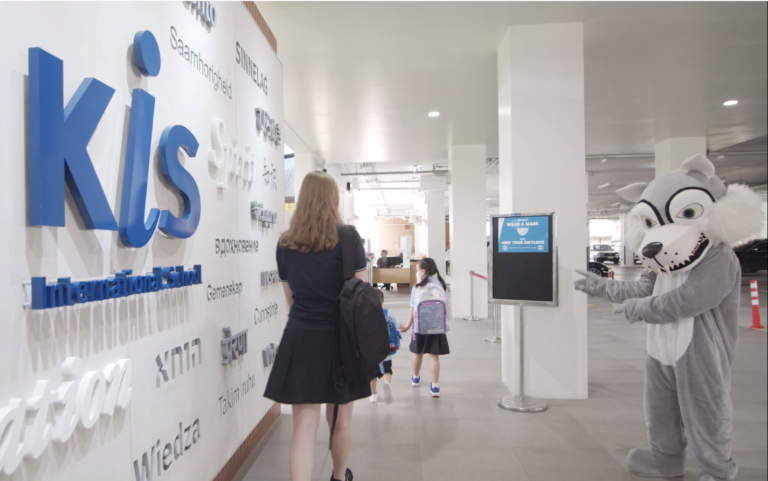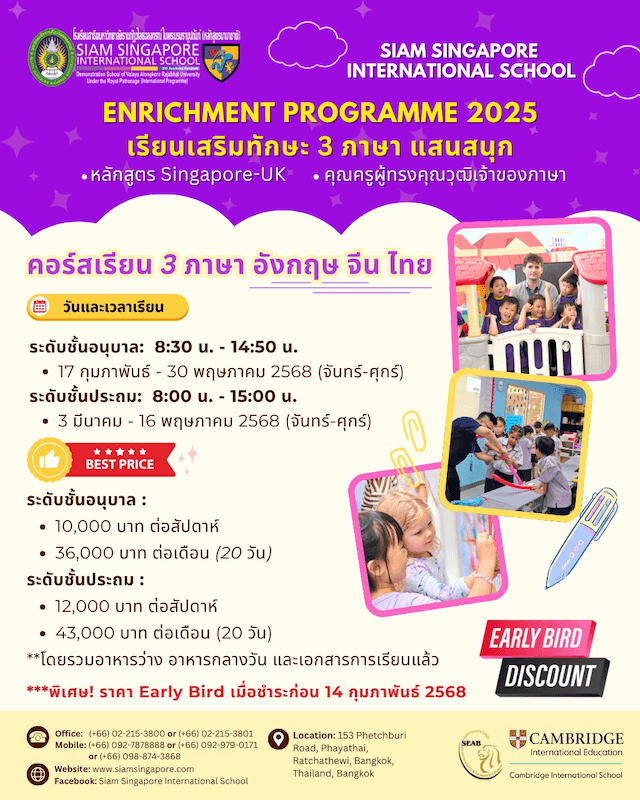The secret to good grades – It’s in a book
A special lottery is to be held to select the student who will live in the only deluxe room in a dormitory. There are 100 seniors, 100 juniors, and 200 sophomores who applied. Each senior’s name is placed in the lottery 3 times; each junior’s name, 2 times; and each sophomore’s name, 1 time. What is the probability that a senior’s name will be chosen?
This is an example of an SAT math question. It is one of 44 multiple choice questions that students will need to take, in addition to another 10 free response questions. Students will have 70 minutes to answer the 54 questions, meaning that they will have a little over one minute to read and comprehend the question, and then to make the necessary calculations.
75 metal spherical cannon balls, each of diameter 10 cm, were excavated from a
Napoleonic War battlefield.
(a) Calculate the total volume of all 75 metal cannon balls excavated. [3 marks]
The cannon balls are to be melted down to form a sculpture in the shape of a cone.
The base radius of the cone is 20 cm.
(b) Calculate the height of the cone, assuming that no metal is wasted. [3 marks]
This is an example of an IB Standard Level Maths question. All of the questions on this exam are free response. This question is worth a total of 6 marks. The test has a total of 90 marks, and students have 90 minutes to complete the exam.
Are these examples of math tests, or reading tests? Perhaps they’re both. Test takers must decode and comprehend the questions. There is vocabulary that is key to getting the questions right (cone, base radius, diameter, spherical, probability, etc.) and there are other words that are not crucial for getting the question correct that can be sources of distraction (Napoleonic, excavated, sculpture, assuming, deluxe, dormitory, senior, junior, sophomore, etc.) There are plenty of students who will get these questions wrong who understand geometry and probability, some of whom are native English speakers, because of their reading skills. These students could not decode the question, or could not decode it quickly enough. Remember, in each exam students have only about a minute for each mark / question – not only is it important to be able to understand what you read, but it is important to be able to do so quickly.
A student’s ability to read is probably the factor that is most correlated with both their academic success in school, and their success on exams like those they take for their IB Diplomas, or exams that they take for college admissions. This is a challenge for KIS and for Thailand. Thailand is not generally thought of as a country of readers – people are more likely to be using their iPad or phone for playing Angry Birds than to be reading a newspaper or book on the Sky Train or while relaxing at a Starbucks. Thailand ranked 53rd on the Organisation for Economic Co-operation and Development’s Programme for International Student Assessment reading exam. This result placed us behind countries like Romania, Mexico, Uruguay, and Serbia, not just economic powerhouses like Hong Kong, Singapore, and Finland.
So, what can we do about it? We can read. We can encourage our children to read. We can buy our children books for their birthday, for Christmas, or even as a reward for having done well on their report card. The research on this is conclusive. Researchers from the University of Nevada, UCLA, and the Australian National University published a report in the journal, Research in Social Stratification and Mobility looking at the effect of the size of family libraries on educational attainment in 27 different countries. Controlling for parent education and wealth the study found that children who lived in homes with more than 500 books went significantly farther in school. In China having a library of over 500 books equated to the child on average earning an additional 6.6 years of education, while the international average was over 3 years. There is actually a stronger correlation between family library size and a student’s academic success than there is between family wealth or parent education and student academic success. If you want your child to be successful, don’t by them an iPad, buy them a book – or at least buy them digital books or magazines for their iPad!
Malcolm Gladwell in his book Outliers suggests that to truly master a set of complex skills we must spend 10,000 hours on it. Most students start to develop literacy skills at around 3 years old. If we want to have our students be master readers by the age of 16 when they start their IB Diplomas, that would mean that they would need to average reading a little bit over 2 hours a day, 365 days a year, for those 13 years. This may sound like a lot, but how many days has your child spent over 2 hours watching TV or movies, or over 2 hours playing video games? If you want your child to have an advantage for their education and future, set aside daily time for reading – every little bit helps.
By Mr. Michael Hirsch, Secondary School Principal at KiS International School. For more information contact Linda Belonje, linda@kis.ac.th or www.kis.ac.th
Editor’s note: This article is sponsored content from KiS International School.














